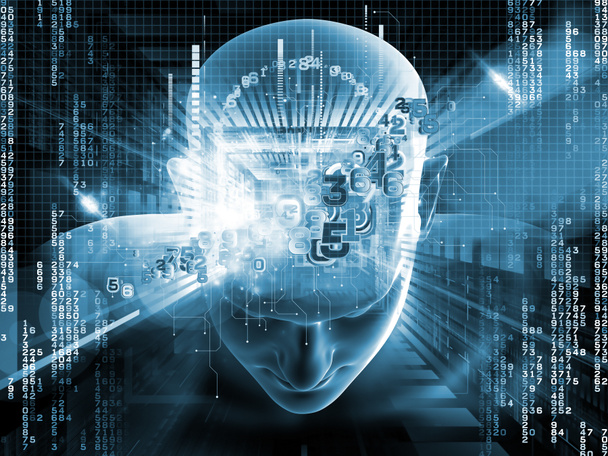The Rise of Sports Betting AI: A Game-Changer in the Gambling Industry
The world of sports betting has witnessed a revolutionary transformation over the past few years, thanks to the integration of Artificial Intelligence (AI) technologies. Gone are the days when bettors relied solely on instinct, intuition, and sheer luck to make informed wagers. Today, sophisticated AI algorithms are reshaping the sports betting landscape, offering a data-driven approach to analysis and predictions.

This article delves into the fascinating world of sports betting AI, exploring how it works, its impact on the industry, and the potential benefits and challenges it presents.
1. The Emergence of Sports Betting AI
Artificial Intelligence has found its way into nearly every aspect of modern life, and sports betting is no exception. The advent of AI, coupled with the abundance of data available from various sources such as past match results, player statistics, and team performance, opened new doors for creating advanced predictive models. AI algorithms can process vast amounts of data at incredible speeds, making predictions based on historical patterns, player form, weather conditions, injuries, and other factors.
2. How Sports Betting AI Works
Sports betting AI utilizes various techniques and machine learning algorithms to analyze data and generate predictions. Some of the common approaches include:
a. Machine Learning Algorithms: AI systems utilize machine learning techniques, such as supervised and unsupervised learning, to recognize patterns in historical data. By training on extensive datasets, these algorithms can identify trends and relationships that can influence match outcomes.
b. Natural Language Processing (NLP): NLP allows AI to interpret unstructured data like news articles, social media posts, and expert analyses. This helps in gathering additional information that might not be available in structured databases.
c. Sentiment Analysis: AI can gauge the sentiment of the general public towards a particular team or player, which can influence betting patterns.
d. Neural Networks: Deep learning models like neural networks have shown promising results in sports betting AI by creating complex, nonlinear relationships within the data.
3. Advantages of Sports Betting AI
a. Data-Driven Insights: AI algorithms process vast amounts of data objectively, providing valuable insights that human bettors might overlook.
b. Speed and Efficiency: AI can analyze data and make predictions within seconds, enabling real-time betting and responsiveness to changing odds.
c. Risk Management: AI can identify potential risks in betting strategies, helping bettors make more informed and calculated decisions.
d. Eliminating Emotional Bias: Unlike human bettors whose emotions or personal preferences can sway, AI remains impartial, relying solely on data and historical patterns.
4. Impact on the Gambling Industry
The integration of AI in sports betting has had a profound impact on the gambling industry, transforming how bets are placed and processed.
a. Enhanced User Experience: With AI, bookmakers and betting platforms can offer personalized experiences to users based on their betting history and preferences.
b. Increased Automation: AI streamlines various processes, reducing the need for human intervention in tasks like odds calculations and risk management.
c. Safer Gambling Environment: AI can identify and flag signs of problem gambling behavior, allowing operators to intervene and provide support to at-risk individuals.
d. Market Growth: The emergence of AI-powered sports betting has attracted a new demographic of tech-savvy bettors, contributing to the expansion of the market.
5. Challenges and Ethical Considerations
As with any transformative technology, sports betting AI also faces some challenges and ethical considerations:
a. Data Privacy: The collection and use of personal data raise concerns about user privacy and the potential misuse of sensitive information.
b. Transparency and Fairness: Bettors might question the fairness of AI algorithms and demand transparency in how predictions are generated.
c. Responsible Gambling: While AI can help identify problem gambling behavior, it can intensify addiction issues if not used responsibly.
d. Overreliance on AI: Relying solely on AI predictions without considering other factors might oversimplify the complexities of sports and lead to inaccurate outcomes.

Sports betting AI has undoubtedly revolutionized the gambling industry, bringing data-driven insights and analysis to the forefront of betting strategies. With the ability to process vast amounts of information in real time, AI offers bettors a competitive edge and enhances the overall betting experience. However, it is crucial to strike a balance between AI’s capabilities and human expertise, ensuring responsible gambling practices and upholding ethical considerations. As AI continues to evolve, the future of sports betting promises even more exciting possibilities for both bettors and the industry at large.
Learn more at Wiki as well.